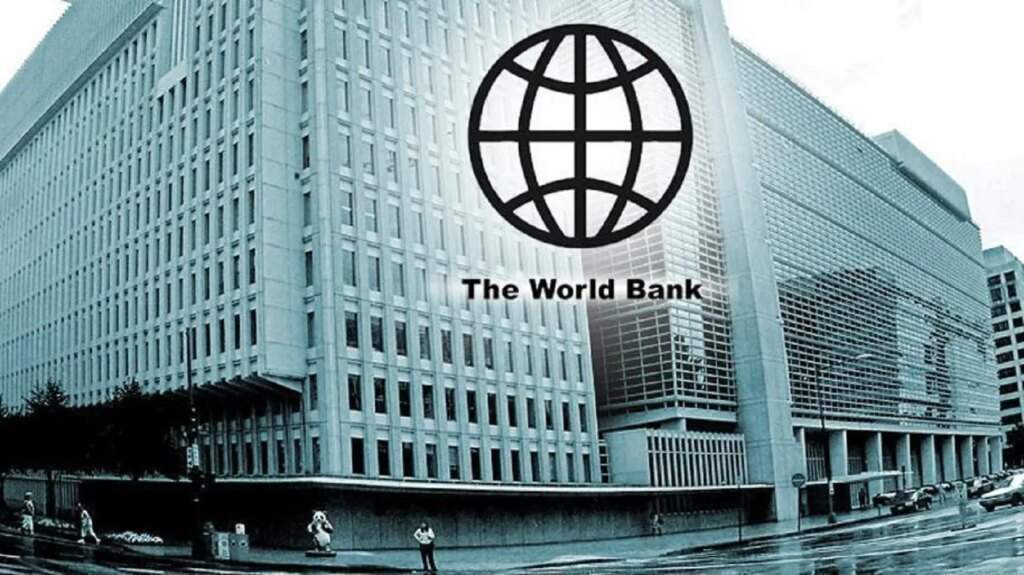The World Bank, based in Washington, has announced its projection for Nigeria’s economy to experience a 3.3% growth in the current year, according to its recent Global Economic Prospect (GEP) report. This forecast reflects a modest increase from the 2.9% growth recorded in the preceding year, signifying a positive trajectory for Africa’s largest economy.
In comparison to the broader sub-Saharan Africa (SSA) region, Nigeria’s projected growth rate is slightly lower, with SSA expected to expand by 3.8%. Nonetheless, Nigeria’s anticipated growth remains notably higher than the global average forecast of 2.3%. These projections for 2024 and 2025 demonstrate an upward revision from the June forecasts of three and 3.1%, indicating the World Bank’s growing confidence in Nigeria’s economic outlook, particularly following oil sector reforms and foreign exchange adjustments implemented in the previous year.
The World Bank’s report also highlights expectations for a gradual easing of inflation in Nigeria, attributing it to the diminishing impacts of last year’s exchange rate reforms and the removal of fuel subsidies. Moreover, structural reforms are anticipated to bolster fiscal revenue, further contributing to the country’s economic momentum.
For the broader SSA region, the report anticipates an acceleration in growth to 3.8% in 2024, followed by a further increase to 4.1% in 2025 as inflationary pressures subside and financial conditions improve. While acknowledging that the largest economies in SSA may lag behind the rest of the region in terms of growth, the report emphasizes that non-resource-rich economies are expected to maintain growth rates surpassing the regional average.
Excluding the three largest SSA economies, the report underscores an even more robust growth outlook, projecting an acceleration from 3.9% in 2023 to 5% in 2024, and a further increase to 5.3% in 2025. These forecasts underscore the varying dynamics at play within the African economic landscape.
In a related development, it is noteworthy that on the first day of the current year, President Bola Ahmed Tinubu approved the N28.7 trillion 2024 appropriation bill, foreseeing a 3.76% economic growth rate.
The World Bank’s optimistic projections for Nigeria’s economic growth in 2024 align with the evolving landscape of structural and policy reforms, setting the stage for a positive trajectory that bears significance not only for the nation but also within the broader context of Africa’s economic landscape.
